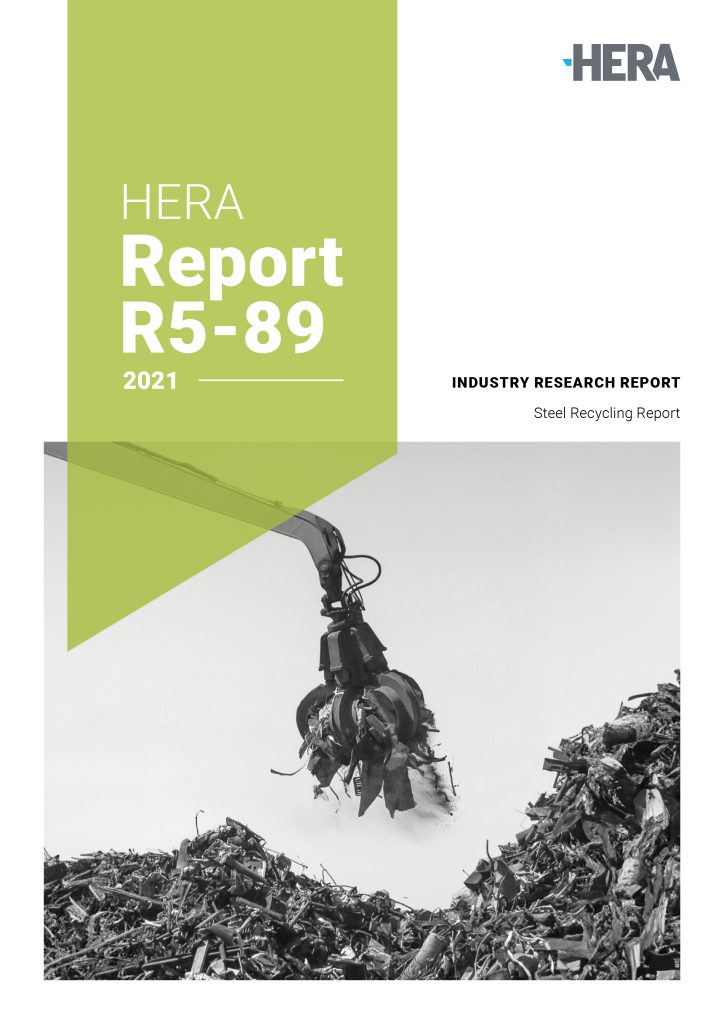Your cart is currently empty!


Update: Steel recycling report
Steel is a hero of the circular economy: study estimates 85% of Aotearoa’s building and construction steel waste is recycled.
Earlier this year, HERA published a Steel Recycling Report, which outlined the estimated steel recycling rate in New Zealand. At the time, we indicated that the specific building and construction waste recycling rate was likely to be much higher.
To estimate the sector specific recycling rate, HERA again commissioned thinkstep-anz to investigate. This study estimates that 85% of building and construction waste is recycled.
At 85 percent recovery, the savings in global warming potential per tonne of steel scrap generated in the sector is 1,249 kg CO2-equivalent. If 100 percent recovery could be achieved, there are potential savings of 1,473 kg CO2-equivalent.
What does this report mean for steel in Aotearoa?
This report demonstrates the significant role that steel plays in Aotearoa’s circular economy, supporting a whole industry in steel recycling and contributing significantly to global carbon emissions reduction.
The report also provides a value for Module D estimates for use in comparative carbon calculation. This should be considered when assessing the relative carbon performance of materials over their life, or in the case of steel, over its infinite potential lives.
Module D is something that is not considered much in carbon calculation and many organisations simply focus on embodied carbon. This ignores what happens to a material at the end of life…. like for steel. This study indicates steel has a 85% chance of being recycled versus timber (which is mostly going to landfill where it will release carbon back into the atmosphere).
It is important to always ask if a carbon calculator includes LCA (life cycle analysis) data that incorporates Module D data – because we should be looking at carbon reductions now and in the future.

